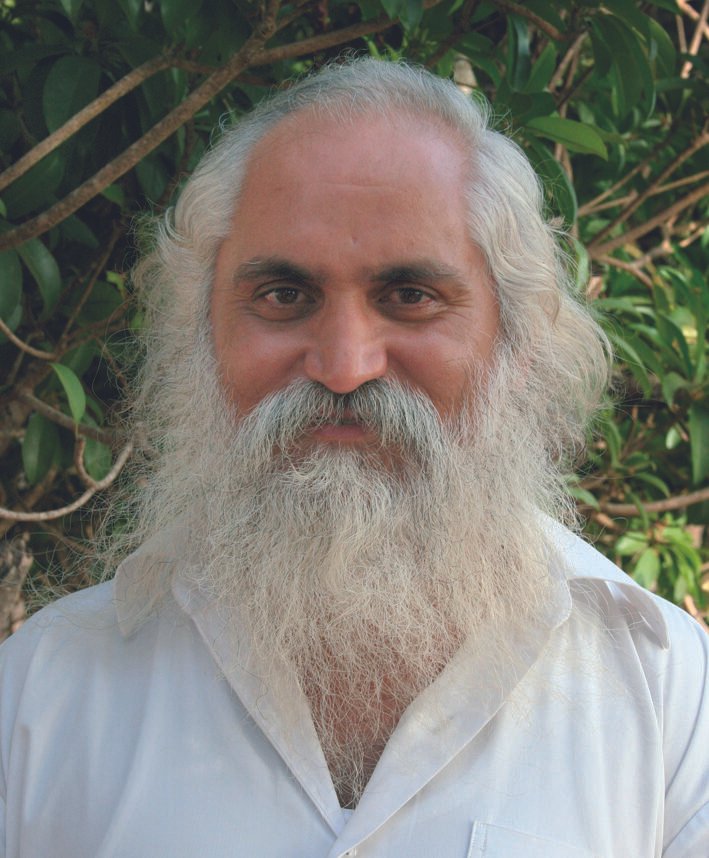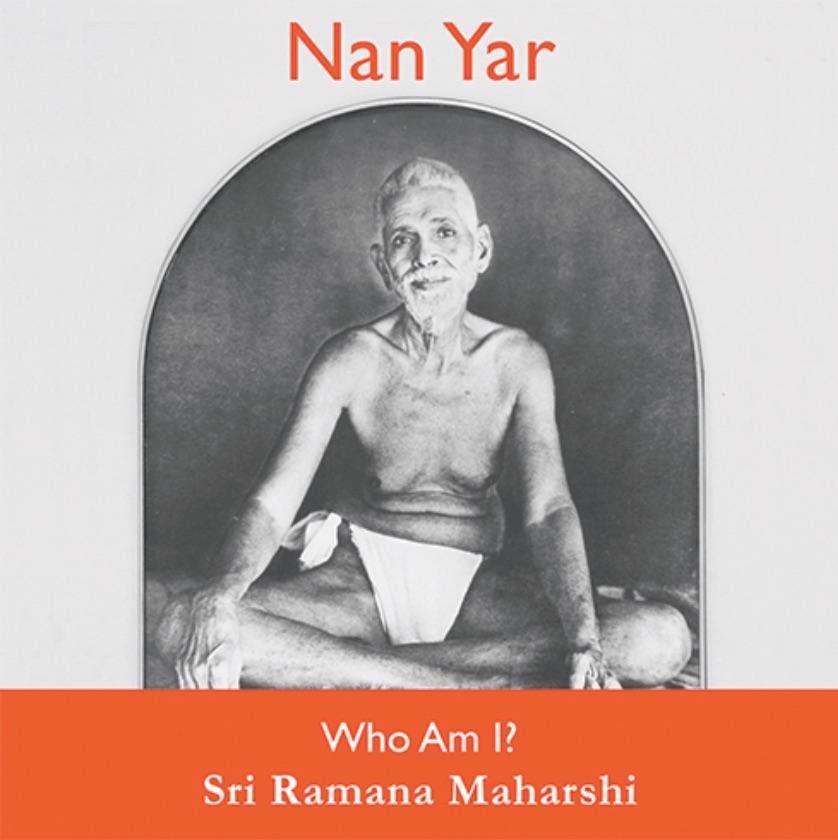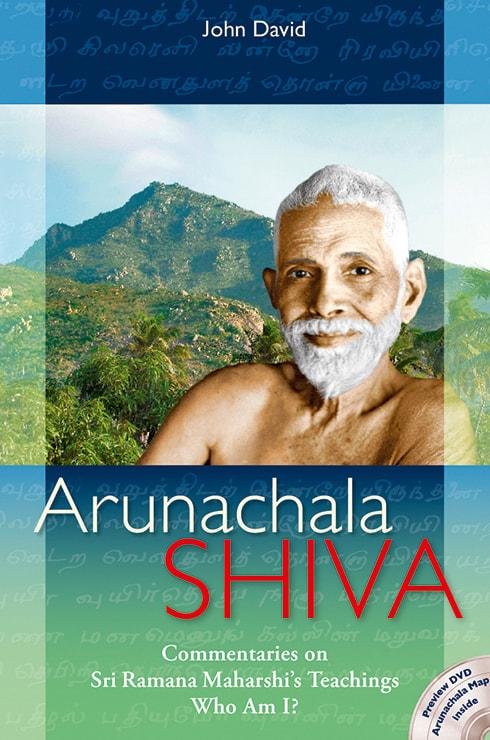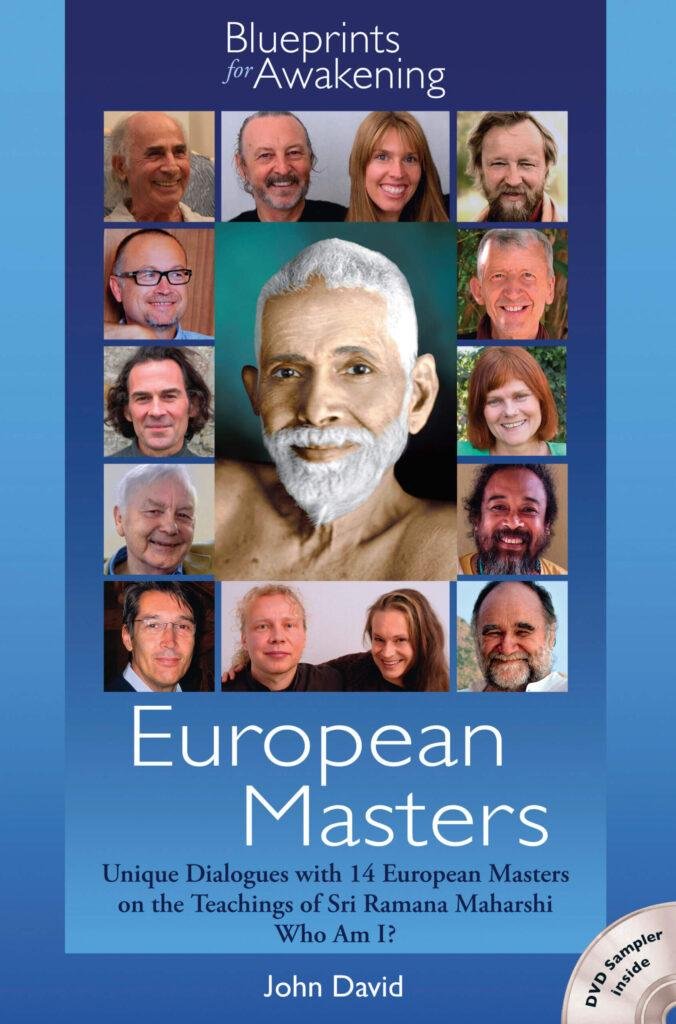Swami Prem
Samdarshi
There is only one desire
that will finish all other desires:
‘I want to know myself.’
– Samdarshi

Full Interview with Ajja by John David
Samdarshi
In the final moments, as the book ‘Blueprints for Awakening’ was receiving its last touches on the beach in Goa, Samdarshi appeared and agreed to be included. I knew his master was Osho and that many of Osho’s disciples spent time with him at his ashram in Manali.
– John David
Questions and Answers
Sri Ramana proposed the fundamental question, ‘Who am I?’* Who are you?
Many Western seekers come to India looking for enlightenment as if it is an experience. What is enlightenment?
Are there any qualifications for enlightenment? Is sadhana (spiritual practice) necessary? If yes, what form do you advise?
Sri Ramana said that Self-enquiry is the most direct route to realising the Self. What do you say about Self-enquiry? How to conduct Self-enquiry?
When Sri Ramana was asked, ‘When will the realisation of the Self be gained?’ he replied, ‘When the world which is what-is-seen has been removed, there will be realisation of the Self which is the seer.’* What is the true understanding of the world? How to remove the world?
What about vasanas, the tendencies of the mind? Must these be removed before Self-realisation can become permanent? Is it enough to achieve asattvic (calm and peaceful) state of mind and to know one’s vasanas so that they no longer bind? How to remove the vasanas?
At the end of his book, Self-Enquiry, Sri Ramana says, ‘He who is thus endowed with a mind that has become subtle, and who has the experience of the Self is called a jivanmukta.’ Is this the state that can be called Self- realised?
He goes on, ‘And when one is immersed in the ocean of bliss and has become one with it without any differentiated existence, one is called a videhamukta. It is the state of videhamukti that is referred to as the transcendent turiya (state). This is the final goal.’ Is this the state that can be called enlightenment?
It appears essential to meet a guru and stay with that guru. Who is the guru? What is the guru’s role? How to recognise a true guru?
Sri Ramana’s devotees had tremendous devotion to him, and he to Arunachala. Please say something about bhakti, devotion, in the pursuit of awakening.
You have given us a profound discourse on awakening. When you meet a passion for awakening, what would your short advice be?
Samdarshi's teachings
Core Teaching and Spiritual Practices
Samdarshi emphasizes self-inquiry and understanding the nature of the self as central to spiritual enlightenment. His approach involves deep introspection and questioning the fundamental nature of one’s own existence, inspired by the teachings of Sri Ramana Maharshi, particularly the question “Who am I?”.
Philosophy on Enlightenment
He describes enlightenment as a state where the distinctions between the knower, the known, and the process of knowing dissolve into a unified experience of oneness. This state is characterized by a profound inner silence and peace.
The Process of Self-Realization
According to Samdarshi, self-realization occurs in stages. It begins with a transformation of one’s identity from an ego-centric perspective to a more expansive, inclusive view of self that encompasses all existence. This transformation is followed by an evolution where the individual transcends all limited notions of self and fully merges with the universal self.
Meditation and Mindfulness
He advocates for regular meditation practices that help to quiet the mind and allow individuals to experience moments of deep peace and connection with the universal self. Meditation aids in gradually reducing the dominance of the ego and expanding one’s awareness.
The Role of the Guru
In his teachings, Samdarshi also highlights the importance of a guru or a spiritual teacher. The guru helps to guide the seeker through their spiritual journey, offering insights and teachings that are crucial for overcoming the internal barriers that prevent enlightenment.
Integration of Teachings into Daily Life
He stresses the importance of integrating spiritual insights into everyday life. True understanding comes not only from intellectual realization but from living out the principles of spiritual enlightenment in day-to-day activities.
Universal Approach to Spirituality
Samdarshi’s teachings are universal in nature. He believes that the underlying truths of spirituality are not confined to any one religion or spiritual tradition but are applicable universally across different cultures and belief systems.
appears in
Blueprints for Awakening – Indian Masters
Indian Spiritual Masters
John David has been interviewing sixteen important Indian Spiritual Masters. The result is a compendium of astonishing wisdom about the biggest secret of all times: the Nature of our True Self and how to realise it.
This boock answers all questions of the spiritual search and is for everyone who has an inner passion to find out who they are.
Published in two volumes.
Samdarshi is part of Volume I.
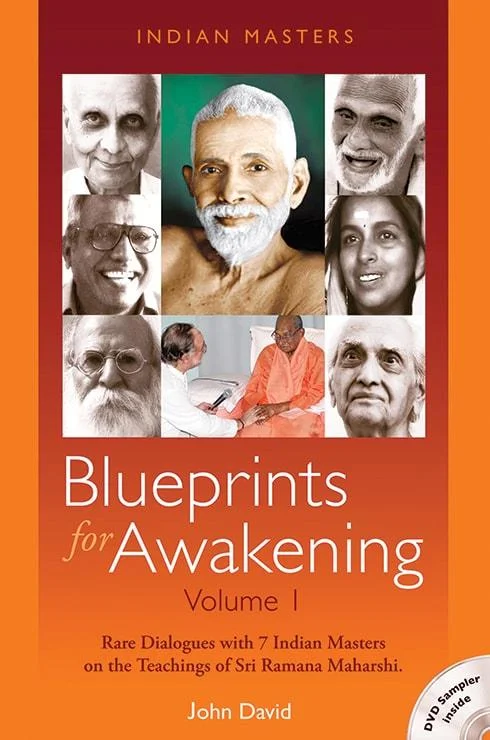
Other Ramana Maharshi Books
NEW: Aham Sphurana – A Glimpse of Self Realisation
Fascinating dialogues and stories of Sri Ramana Maharshi recorded by Sri Gajapathi Aiyyer in the summer 1936, at Ramana Ashram.
This book contains a selection from the complete manuscript Aham Sphurana. This selection, a brilliant treasure, speaks for itself. Beside the detailed teachings on Self-Enquiry, Surrender and Jnana, it exposes a new glimpse of Bhagavan’s personal day-to-day life at fifty-six, in his middle age.
The Book is available in English and German, as Ebook and Paperback.
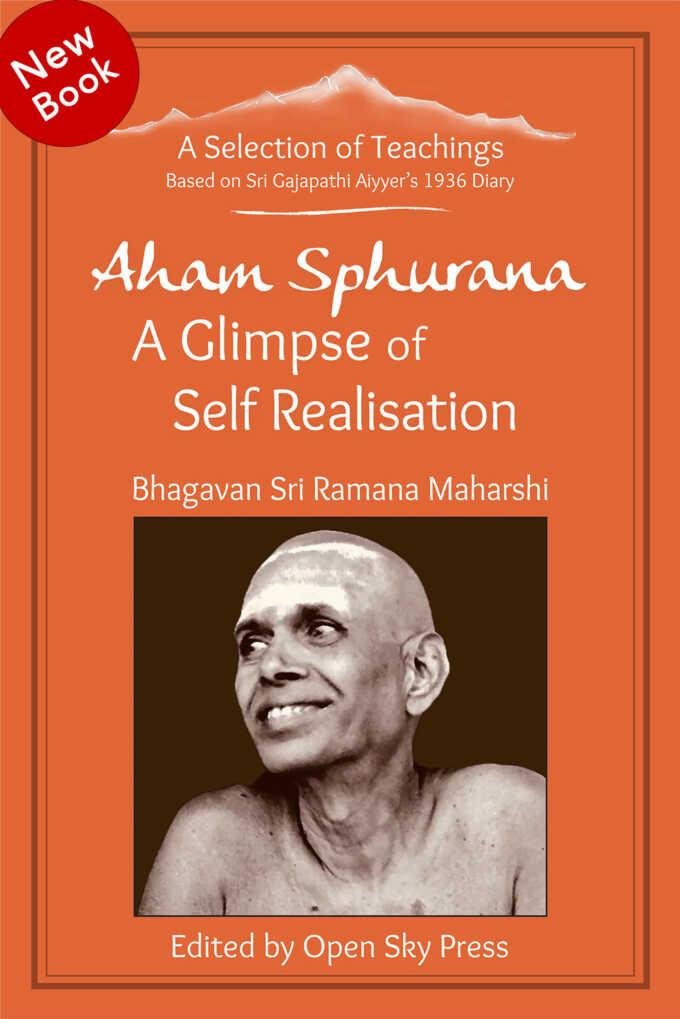
Biography
Swami Prem Samdarshi, originally born as Shri Rakesh Nanda in 1961, embarked on a profound spiritual journey that led him to become a respected Swami. His life story unfolds from a humble beginning in Banda, near Kanpur in Uttar Pradesh, India, where he was the oldest son of a cloth merchant.
Early Life and Background
Birth and Family
Born in 1961 in a small town in Uttar Pradesh, Swami Prem Samdarshi grew up in a traditional family. His father was a cloth merchant, which provided him with a modest upbringing.
Spiritual Journey
Transition to Spirituality
From an early age, Rakesh showed a deep inclination towards spirituality. His quest for spiritual knowledge and enlightenment led him to adopt the monastic life, changing his name to Swami Prem Samdarshi.
Teachings and Philosophy
As a Swami, he has been involved in teaching and guiding spiritual seekers. His teachings often emphasize the importance of self-realization and the pursuit of spiritual wisdom.
Contributions
Community Impact
Swami Prem Samdarshi has significantly influenced the spiritual community with his insights and teachings. His approach to spirituality is both profound and accessible, making it relevant to people from various walks of life.
Legacy
Ongoing Influence
Even today, Swami Prem Samdarshi continues to inspire many through his teachings and spiritual leadership. His life’s work is a testament to the power of profound spiritual awakening and the transformative impact it can have on individuals and communities alike.

It’s not easy to be near the master, not easy. Only those come who really want to finish, to burn. Very few people come. They know: ‘He is fire, he is death and if I come closer I will be finished.’ But they want to finish, therefore they love him, they want to be with him.
This can only happen with a living master.
– Samdarshi
